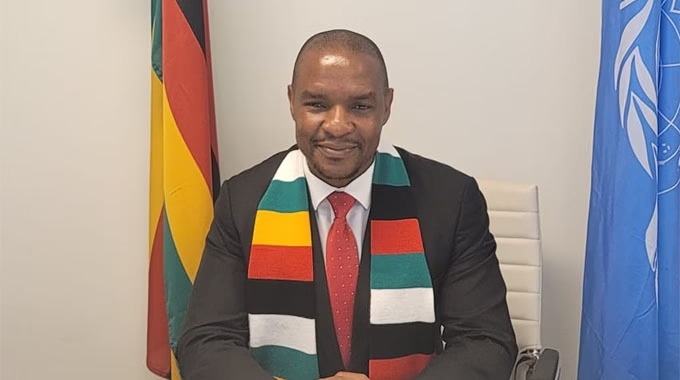
Zimbabwe’s tobacco industry is poised for a transformative shift following President Emmerson Mnangagwa’s hint at a new domestic financing policy for smallholder farmers. The announcement comes in the wake of the record-breaking 2025 tobacco marketing season, during which farmers delivered more than 350 million kilograms of tobacco, generating over one billion United States dollars in revenue. Observers note that even higher earnings could have been achieved had foreign capital not dominated production.
The Productivity Booster Kit Programme, launched by the President in Mazowe, will now extend to tobacco farming, providing A1 farmers with US$2 billion over the next ten years for mechanisation, irrigation, post-harvest processes, and locally sourced farming equipment. Technical Service Centres in all ten provinces will provide essential services, including tillage, technical and extension support, irrigation and mechanisation, harvest and post-harvest assistance, and monitoring and evaluation. Five banks have also pledged additional working capital to accelerate growth.
President Mnangagwa emphasized that this initiative will keep more value within Zimbabwe, fostering local beneficiation and strengthening the tobacco value chain. Fully implemented, A1 farmers are projected to contribute over US$6.14 billion to the agricultural GDP and generate US$1.59 billion in household disposable income.
Aligned with Zimbabwe’s climate-smart agriculture strategy, which invests in irrigation and dam infrastructure, the programme seeks to build resilience against drought and climate shocks, ensuring that farmers thrive while the industry generates sustainable revenue, jobs, and export potential. This marks a critical step toward a new era of industrialised, self-reliant, and economically empowering tobacco farming in Zimbabwe.




